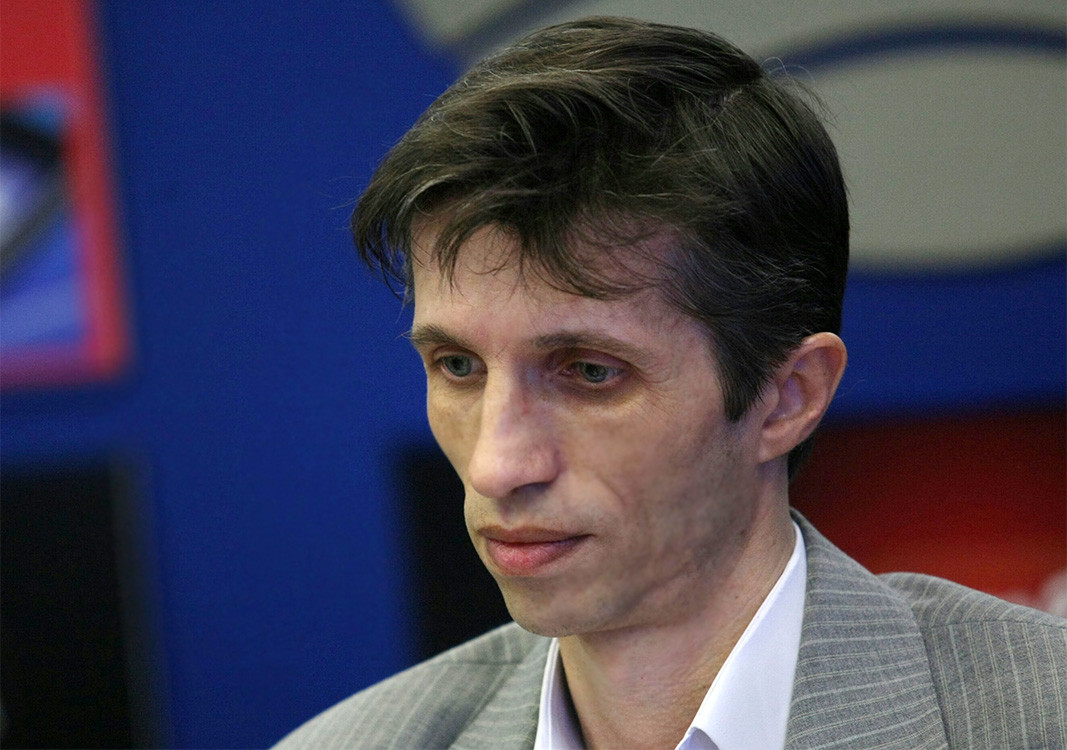With their vote at the parliamentary elections Bulgarians demonstrated they want a fundamental change in governance. For close to one year the protests in the streets and squares showed they want an end to the current political tendencies on which power has rested for decades, and at the elections they followed through on their demands. Yet no one expected showman Slavi Trifonov to come out second as a political force. The votes for him were a slap in the face of all current players on the political stage in Bulgaria. At the same time the new parliamentary configuration leaves a great many unknowns, most of all – how a balance can be attained between the dwindling budget revenue and the growing expenditure.
“The ice cracked a long time ago,” says Assoc. Prof. Grigor Sariyski in an interview for BNR’s Hristo Botev channel. “The election programmes of the parties now in power, and of the parties in power before, contained a lot of promises that have not been kept these past 11 years. The programme of the ruling GERB party was submitted just 3 weeks before the elections, which is, to put it mildly, an absurdity. Also, it should have been clearly discernible in their strategic documents – in the budget for this year, for example. Why make promises which have not been set down in the documents of the party?”

Even though GERB’s prorgamme is well formulated and demonstrates administrative capacity, in the words of Assoc. Prof. Sariyski “once again we see generous promises that are impossible to live up to and will only be kept on paper”:
“Talking about the economy, we see key parameters in their programme - increasing the GDP from 60 billion euro (the figure from 2020) to 100 billion euro. We saw an increase in the minimum and the average wage during the previous term of office, though the things you could buy with that money are not all that different. At the end of their the party’s term in office, the proportion of people who can’t afford to pay their bills remains the same as it was at the beginning of GERB’s first term in 2009. The numbers seem to show the promise has been kept, but the reality is that they have not made Bulgarians any richer.”
As to the programme of the party voters at the election put in second position – ITN (Slavi Trifonov’s There Is Such a People, translated also as There Are Such People) - its highlights are “appropriate governance”, “sustainable development”, “far-reaching structural reforms”, promoting “start-ups with innovative potential”, “digitization” etc. In its election platform the left wing (BSP, Bulgarian Socialist Party) which voters put in 3rd position among the political forces, gives prominence to fairer taxation (tax reductions for working parents and progressive taxation), recalculation of pensions, free kindergartens and school books and boosting investments by the state in crucial sectors of the economy. The other parties also highlight problems in education, healthcare and social services. But, Assoc. Prof. Sariyski says, the objectives set down lack specific figures:
“The trick is not just to take power but to have the means to exercise it. In these 11 years in which GERB has been in power it created a really well-oiled machine and any newcomer will have trouble getting it going, so it can start functioning in their favour and in their interest. The battle for ITN and for the other opposition parties is yet to come. Whichever portfolio they (ITN – editorial note) may be given, they would still come up against a wall of passive resistance.”
According to Finance Ministry projections for the first quarter of 202, public spending has gone up by 2.2 billion Leva (1.1 billion euro). Grigor Sariyski says that this is connected with the increase in pensions, the support programmes, the increase in salaries in public administration. Anyone coming to power will have to look for a budget balance as revenue falls and expenditure rises.
Interview by Maria Mira Hristova Hristova, Hristo Botev channel, BNR
Editing by Darina Grigorova
Translated from the Bulgarian by Milena Daynova
Based on preliminary data, the Finance Ministry expects a deficit of around BGN 6.1 billion ( €3.11 billion), or 3% of the projected gross domestic product (GDP), at the end of 2024. "Estimates suggest that the deficit will show an improvement..
The two most sought-after currencies by Bulgarians in 2024 remain the US dollar and the euro, just as in 2023. The Turkish lira, the Romanian leu and the Serbian dinar were also very popular, followed by the British pound and the Swiss franc. This was..
The overall business climate indicator in Bulgaria has increased in December by 1.7 points from 17 percent to 18.7% compared to November . An increase in the indicator was observed in the industry sector by 1.9 points, in retail trade by 5.7 points and..

+359 2 9336 661
